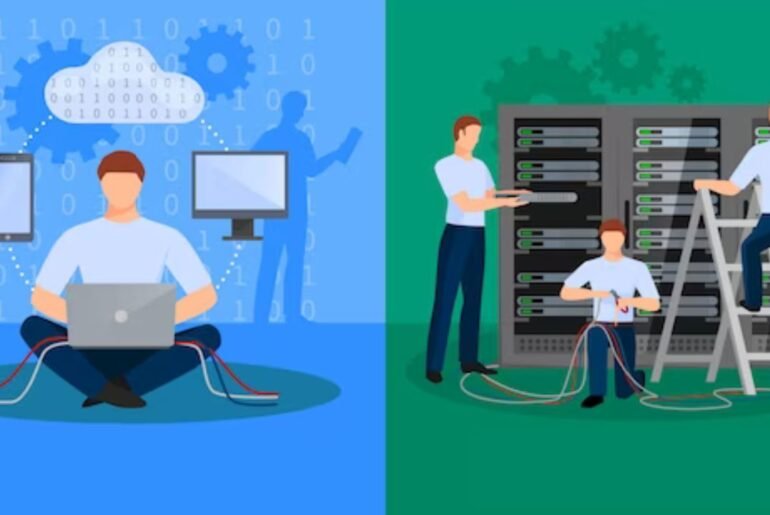In today’s digital age, the internet has become an integral part of our lives. Websites are not just a means of sharing information; they are also powerful tools for businesses, organizations, and individuals to connect with the world. However, the environmental impact of web hosting is a growing concern. The energy consumption and carbon footprint associated with data centers that power websites are significant. This article explores the concept of sustainable web hosting and presents eco-friendly solutions for environmentally-conscious websites.
As the internet continues to grow, so does its impact on the environment. The energy required to power data centers and servers is substantial, leading to increased carbon emissions. Sustainable web hosting seeks to address this issue by implementing eco-friendly practices and technologies in the web hosting industry.
Understanding the Environmental Impact of Web Hosting
Web hosting involves the storage and distribution of website data, which requires a constant power supply. Traditional web hosting practices often rely on non-renewable energy sources, leading to a significant carbon footprint. The environmental impact includes increased energy consumption, greenhouse gas emissions, and electronic waste.
The Advantages of Sustainable Web Hosting
Reducing Carbon Emissions
One of the primary benefits of sustainable web hosting is the reduction of carbon emissions. By using renewable energy sources and energy-efficient hardware, web hosting providers can significantly lower their carbon footprint.
Lower Energy Consumption
Sustainable web hosting solutions are designed to consume less energy. This not only benefits the environment but also leads to cost savings for businesses and individuals.
Eco-Friendly Hosting Technologies
Green Data Centers
Green data centers are designed with sustainability in mind. They utilize advanced cooling techniques, energy-efficient servers, and renewable energy sources to minimize their environmental impact.
Renewable Energy Sources
Web hosting providers can choose to power their data centers with renewable energy sources such as solar or wind power. This shift to clean energy sources reduces the reliance on fossil fuels.
Energy-Efficient Hardware
Modern servers and hardware are designed to be energy-efficient, using less power while maintaining high performance. This contributes to a greener web hosting industry.


Choosing the Right Sustainable Web Hosting Provider
When selecting a web hosting provider, it’s essential to consider their commitment to sustainability. Look for providers that use renewable energy, employ energy-efficient practices, and have a track record of environmental responsibility.
Website Optimization for Sustainability
Efforts to reduce the environmental impact of a website go beyond hosting providers. Website owners can also play a crucial role in sustainability.
Efficient Coding Practices
Clean and efficient coding not only improves website performance but also reduces the energy required to load web pages.
Image Compression
Optimizing images for the web by compressing them can significantly reduce the amount of data transferred, leading to lower energy consumption.
Content Delivery Networks (CDNs)
CDNs distribute website content across multiple servers worldwide, reducing the distance data needs to travel. This results in faster loading times and decreased energy usage.
Measuring and Monitoring Environmental Impact
Web hosting providers and website owners can track and measure their environmental impact. Tools and services are available to calculate carbon emissions and energy consumption, allowing for continuous improvement.
Case Studies of Environmentally-Conscious Websites
Several websites have taken the initiative to go green. These case studies showcase the positive impact of sustainable web hosting on the environment and user experience.
The Cost of Sustainability
While sustainable web hosting offers numerous benefits, some may wonder about the associated costs. It’s important to note that the long-term savings and positive environmental impact often outweigh any initial investment.
Future Trends in Sustainable Web Hosting
The web hosting industry is continuously evolving. Future trends may include advancements in renewable energy integration, more efficient hardware, and stricter environmental regulations.
Conclusion
Sustainable web hosting is a critical step towards reducing the environmental impact of the internet. By choosing eco-friendly hosting solutions and optimizing websites for sustainability, we can all contribute to a greener digital future.





